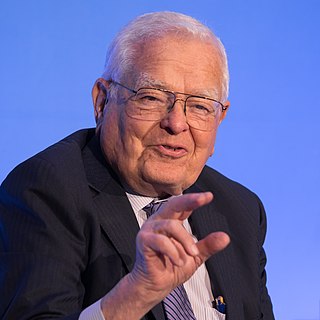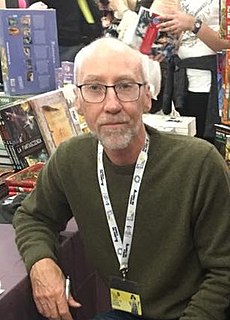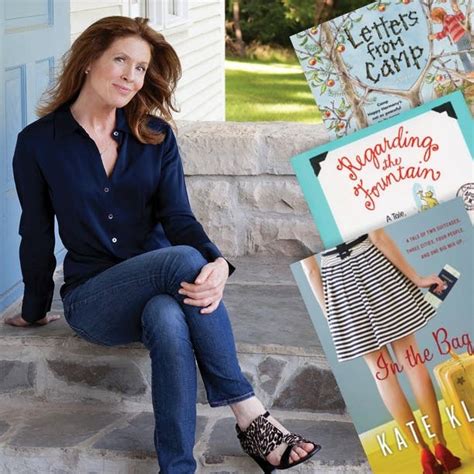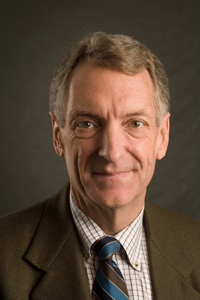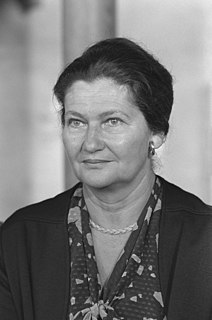A Quote by Betsy DeVos
The faculty, from adjunct professors to deans, tell you what to do, what to say, and more ominously, what to think.
Related Quotes
Many adult book authors supplement their income by teaching at the college level. Full-time professors fare well, but pay for adjunct professors is notoriously shabby. Children's book authors have a sweeter deal. We're invited by schools, libraries, law firms, and Fortune 500 companies to share our best writing tips and strategies.
If you take a look at places like Harvard, it's striking. In the early ,50s, I think there were a handful of Jewish professors, three or four. But by the 1960s, there were Jewish deans and administrators. In fact, one of the reasons why MIT became a great university was because they admitted Jews whereas Harvard did not.
I see top business schools working to bridge this gap [between academic research and business application] by respecting executive education, by having more mature students who proactively draw from faculty what they know they need, and by having faculty who are willing to leave their ivory towers for the murky world of business reality. Unfortunately, at other times, business professors have little or not interest or savvy about business issues.
In a large university, there are as many deans and executive heads as there are schools and departments. Their relations to one another are intricate and periodic; in fact, "galaxy" is too loose a term: it is a planetarium of deans with the President of the University as a central sun. One can see eclipses, inner systems, and oppositions.
Black professors make more than white professors. That's because we are in demand. I'll tell you, give me two blacks in institutions of higher learning, one has a Ph.D. from an elite institution and has a certain publication record. You give me a white scholar with the same credentials, and I will take that black scholar.
In some of the classes, especially the introductory religion courses I took, the professors can veer into a particular strain of religious anti-intellectualism. Professors typically aren't given tenure at Liberty, so there's pressure to hew to the party line on religious and social issues. I didn't see a whole lot of my professors encouraging critical thinking among their students. Which isn't to say that students don't engage critical thinking skills at Liberty - just that it wasn't part of my classroom experience there.

